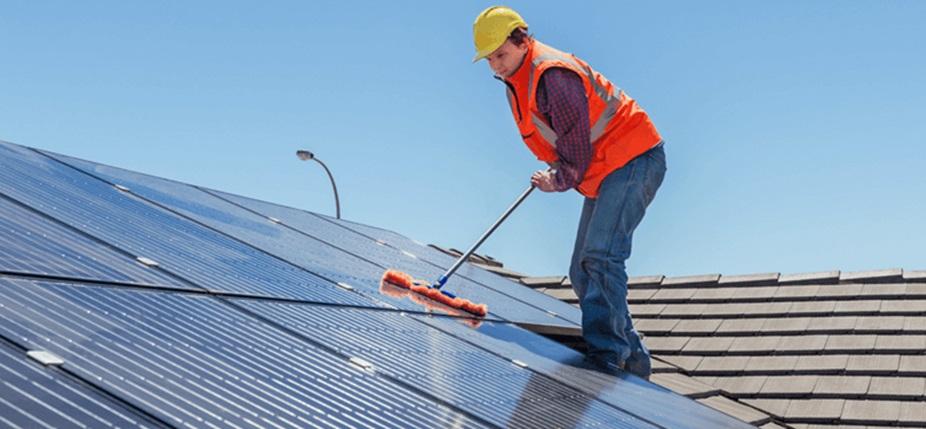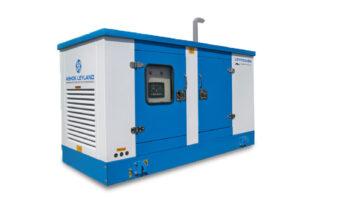Some people have already installed solar heating systems in their homes, while others are still considering it. Whether you’re a homeowner or a renter, you might want to know how you can maintain your solar heating systems. This article will cover some of the most important things that you need to know about solar heating maintenance.
Here are the tips to maintain your system to make sure that it lasts for years to come:
Learn about the different types of solar heating systems:
Solar heating systems are available in a variety of forms. You can choose to use solar thermal, solar water heating or even solar pool heating.
Solar ovens are another option that is great for those who love to cook and bake! They will help you save money on your electric bill while making sure that your food tastes delicious every time you use it.
Understand what the heat transfer fluid is used for:
Understanding what the heat transfer fluid is used for will help you to maintain your system. The heat transfer fluid is the substance that transfers heat from your solar collector to your storage tank. It can be water or antifreeze, but most systems use a heat exchanger to transfer heat from the collector to the storage tank.
It is especially important when it comes to solar water heating systems because they use water as the heat transfer fluid. You should regularly check your system and ensure that there are no leaks or cracks in any parts of it.
Know how to conduct routine maintenance on your solar heating system:
If you have a solar water heating system, then you need to conduct routine maintenance on it. You should check your system once in a while to ensure that everything is working properly and there are no leaks or cracks in any parts of the system.
It is especially important when it comes to solar water heating systems because they use water as the heat transfer fluid.
Always follow the manufacturer’s instructions when performing maintenance on your solar heating system
Always follow the manufacturer’s instructions when performing solar heating maintenance on your solar heating system. You can find the manufacturer’s instructions online or ask a professional to help you.
Following the manufacturer’s directions will help avoid damaging your system, which could lead to water damage in your home and expensive repairs.
Clean components regularly with a soft brush and soap and water solution:
A clean solar water heater is a safe solar water heater. It’s important to clean your system regularly to help prevent the growth of algae and bacteria, which can cause clogs and damage the system. Use a soft brush and soap and water solution to scrub down the surfaces of your solar heating system. The manufacturer’s instructions should tell you how often you need to clean it based on its size and age.
Make sure all vents are free of leaves or debris:
The vents are the most important part of your solar heating system. They allow air to be drawn in and out of your home, keeping it comfortable and energy-efficient. When leaves or debris build up around them, they can block airflow, which can damage your heater’s operation and reduce its efficiency.
To prevent this from happening:
- Check all vents regularly for leaves or other debris that may have accumulated there since you last cleaned them out (or even if they’re brand new). If there’s any visible buildup on them, remove it immediately!
- Cleaning off leaves will help keep your heater working properly so that you don’t end up wasting money on repairs later on down the line!
Conclusion
Solar heating maintenance can be done in a few simple steps. The first thing to do is check the water level of your solar heater, as well as inspect the pump if there is one. If it needs to be replaced, then make sure that you do so immediately after finding out. If everything seems fine with your system, then move on to checking all of its electronics and wiring for any issues that may arise from corrosion or other damage caused by age or weathering over time.


